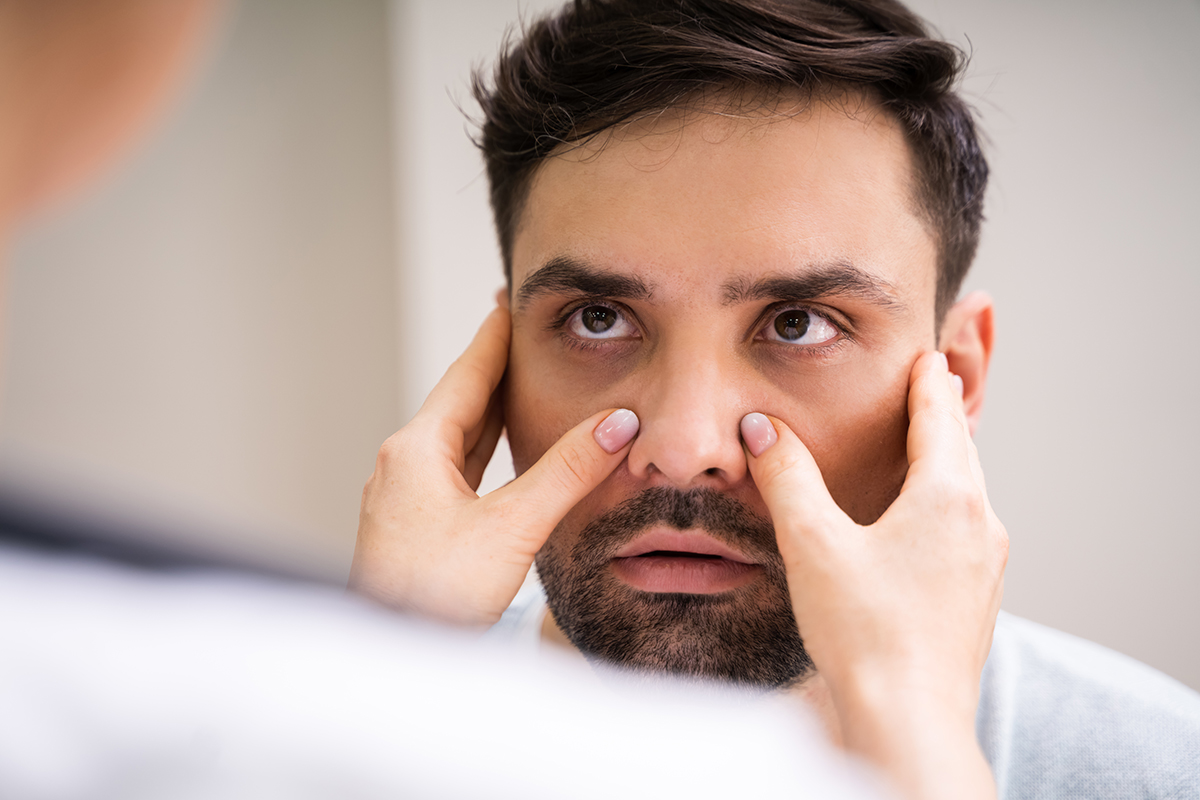 Seeing an ENT (Ear, Nose, Throat) Doctor
Seeing an ENT (Ear, Nose, Throat) Doctor
There are many reasons someone might consider seeing an ENT. ENT doctors commonly are known as asthma doctors, allergy doctors, and they help with illness such as strep throat and other common bugs.
When people get sick, it is often tempting to just tough it out and not go into the doctor’s office. Seeing an ENT may not be appropriate for some situations (like the common cold), however, for others, it can be very helpful in a quick and full recovery.
ENT doctors can also help with preventative measures. Just under 10% of children experience hay fever each year, a common allergy. Seeing an ENT allergy specialist can help ensure that children (or adults) experience spring and summer months without the stuffy noses.
Home Health For Kids
When it comes to disease and illness, prevention is always the best first step. Some of the most common issues ENT doctors see are ear infections, sinus infections, and sleep apnea. For each of these conditions, there are a few things you can do at home to ensure good ear, nose, and throat health for yourself and your kids.
Preventing Ear Infections: Ear infections are one of the most common issues ENT doctors deal with. An ear infection is caused by germs entering the ear and becoming trapped inside. Here are a few tips for reducing your ears exposure to germs:
-Avoid exposure to smoke from cigarettes.
-Keep child immunizations current.
-Do NOT remove ear was unless directed to by a physician.
-Identify and treat allergies
Preventing Sinus Infections: A sinus infection is also caused by germs. When germs enter one of the cavities in the skull surrounding the eyes or nose, a sinus infection can occur. Sinus infections can be tricky to detect because sometimes they feel just like a very bad cold. However, if the “cold” doesn’t go away after a couple of weeks, it is a good idea to get checked out by an ENT. Here is how you can prevent sinus infections:
-When you have a cold, use a saline nasal spray to keep your nasal passages clear.
-Do not fly if you have a cold. The change in air pressure can clog nasal passages.
-If you have chronic sinusitis, considering using a saline nasal spray daily.
-Identify and treat allergies.
Sleep Apnea: When a person stops breathing for short periods of time while asleep, it is considered sleep apnea. Sleep apnea is fairly common in the United States and can be harmful if not treated. Fortunately, sleep apnea can often be completely cured. Here are some helpful home tips for preventing sleep apnea:
-Maintain a healthy body weight and composition.
-For adults, avoid alcohol or other sedatives at bedtime.
-Treat tonsillitis, nasal polyps, or any other nasal disorder that can cause airway obstruction.
-Quit Smoking (this has a numerous host of other benefits as well.)
What to Consider Before Seeing an ENT
There are a few things you should know before scheduling (or deciding not to schedule) an ENT visit. Here are some of the most important:
Snoring is not a normal condition: Especially in children. It can be cute and funny sometimes to hear a little kid snore, or it can be downright difficult if your husband or wife is snoring while you are trying to sleep. Certain conditions, such as sleep apnea, can cause snoring. If you or your child snore frequently, it might be a good idea to schedule an ENT visit to get a nasal health check up.
Recurring colds don’t always turn into sinus infections: Kids get colds a lot. Because kids are still learning proper sanitary habits (such as hand washing), and because of their exposure to many other kids at school and in other settings, it is common for them to be exposed to the cold virus over and over again. However, if the symptoms last for several days, and especially if they worsen after several days, it is a good idea to see a specialist to check for a sinus infection.
Help with Allergies: There is more than just runny noses and sore throats that an ENT can help with. If you or your child has severe allergies, consider seeing an allergy specialist to help alleviate the symptoms.



